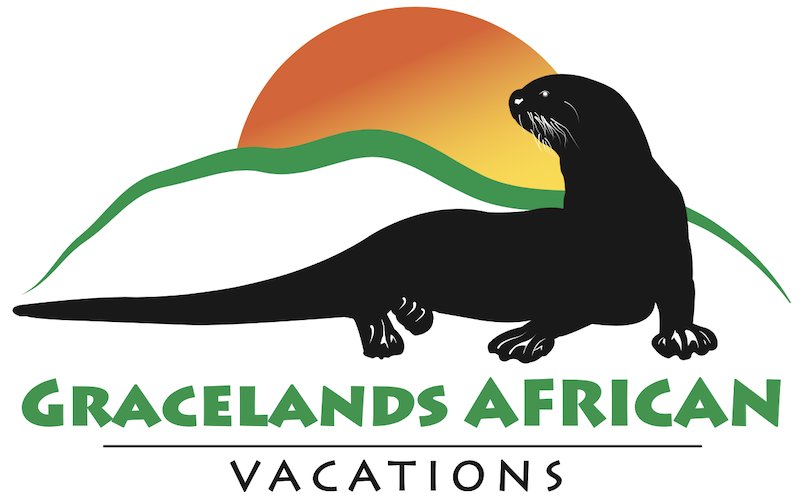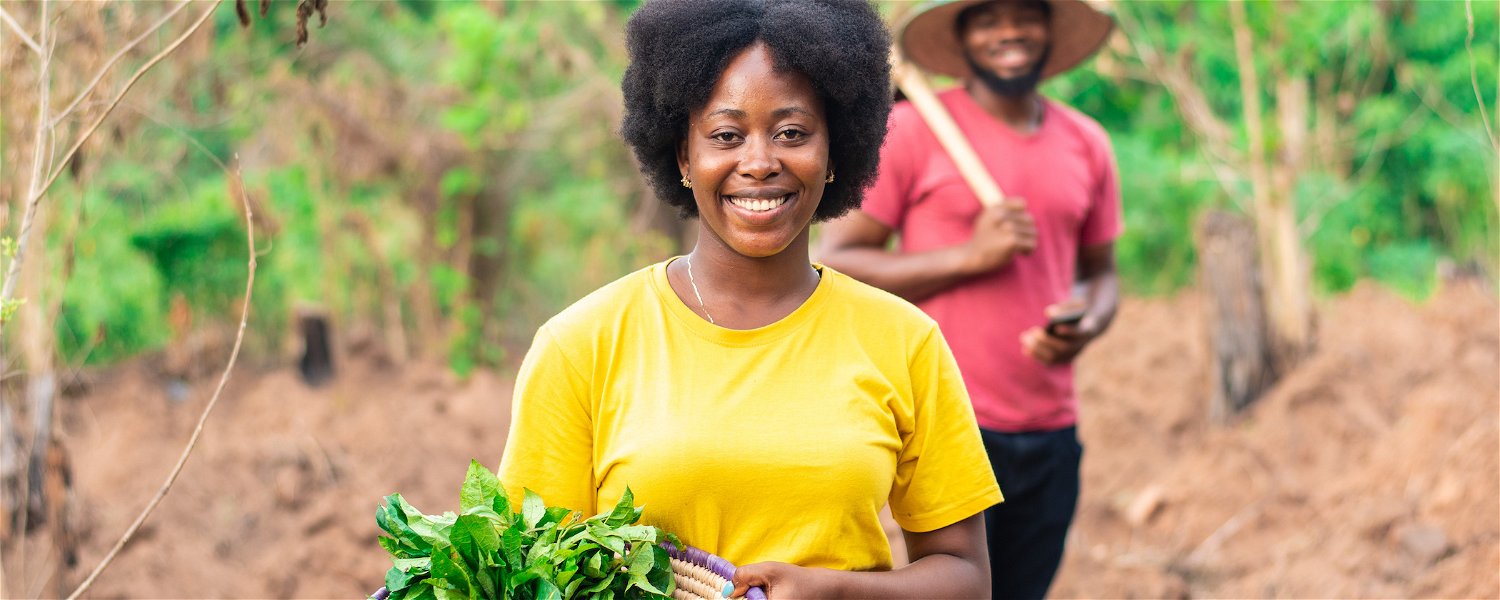People of Uganda
The current estimated population of Uganda is above 40 million and majority of the people of Uganda are a very young population, with a median age of 15 years. Uganda is home to many different ethnic groups, none of whom forms a majority of the population. The population of Uganda consists of: Baganda who contribute 16.9% to the total population, Banyakole 9.5%, Basoga 8.4%, Bakiga 6.9%, Iteso 6.4%, Langi 6.1%, Acholi 4.7%, Bagisu 4.6%, Lugbara 4.2%, Banyoro 2.7%, other 29.6%. You’ll find all the tribes very hospitable. This explains why many tourists and vacationers find it easy to come back to Uganda. Thanks to the hospitable people of the land.
While on your tour with us, you’ll appreciate how different and diverse our people here are in terms of their way of life, occupations, life style, languages, beliefs and many more. You’ll definitely enjoy seeing how people so many; in such a small country keep their heritage. The map below shows the geographical distribution of the different tribes here in Uganda.
Languages of Uganda
Around forty different languages are regularly and currently in use in the country. These fall into three main language families: Bantu, Nilotic and Central Sudanic. However, English became the official language of Uganda after independence, and although English is largely used, the natives have a local local English variant mixed by borrowed words from local languages.
The most widely spoken local language by the people of Uganda is Luganda, spoken predominantly by the Ganda people (Baganda) in the urban concentrations of Kampala, the capital city, and in towns and localities in the Buganda region of Uganda. The Lusoga and Runyankore-Rukiga languages follow, spoken predominantly in the southeastern and southwestern parts of Uganda respectively. Swahili too is a widely used language by the people of Uganda and as well throughout eastern and central East Africa. The Swahilli language was approved as the country’s second official national language in 2005, though this is somewhat politically sensitive. You should not have a hard time getting your way around things once you set in because English is the official language. You’ll therefore find it easy to walk into any supermarket or local shop and ask for what you want in English. And before I let you loose; this is how you say Hullo in Luganda; ‘Oli otya’



Share This Page